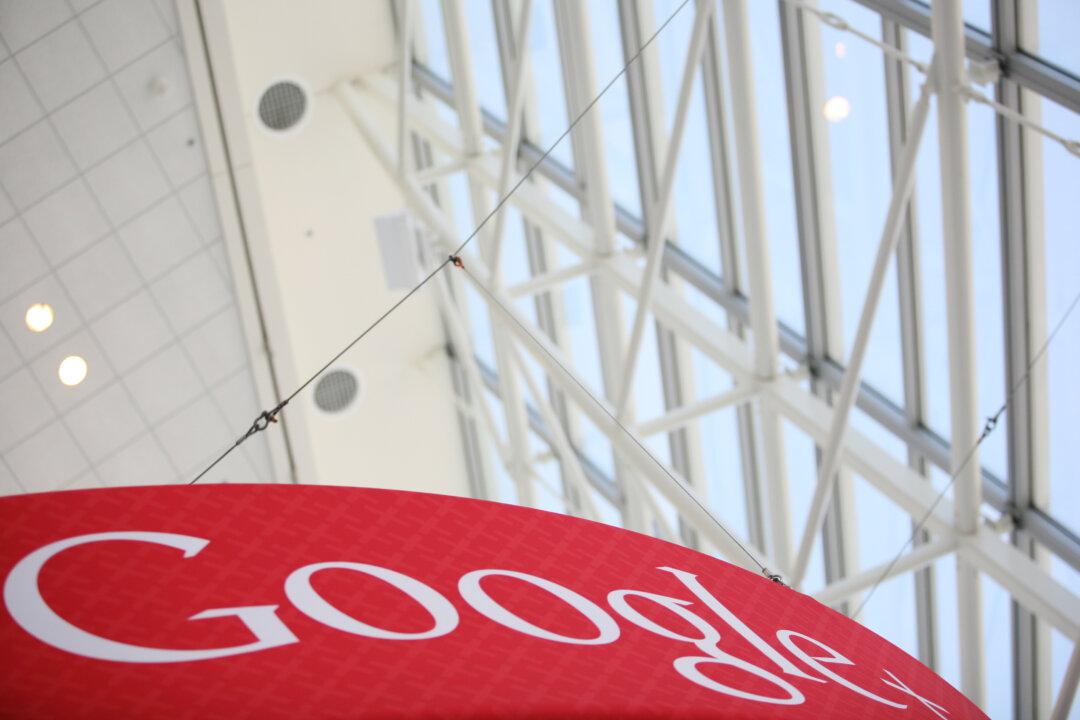Google announced first-quarter earnings Thursday that fell short of expectations. But, revenue was up 12 percent from last year, to $17.3 billion.
The company reported earnings per share of $6.57 compared to last year’s $6.27 of the same quarter. Google did cut down on capital expenditures to $2.92 billion compared to $3.6 billion last year.
Q1 marks the sixth consecutive quarter that Google’s earnings have disappointed investor expectations. Analysts on Wall Street had expected the company to report earnings per share of about $6.61 and $17.5 billion in revenue, according to Yahoo Finance.
Google CFO Patrick Pichette defended the company’s earnings on a Thursday conference call, saying that currency fluctuations driven by the rising dollar were to blame.
“Excluding the net impact of foreign currency headwinds, revenue grew a healthy 17 percent year on year,” said Pichette, naming strengthened mobile search as a main source of profit.
Another way of gauging Google is by the number of paid clicks, or clicks on advertisements on Google’s site, which was up 13 percent year over year.




